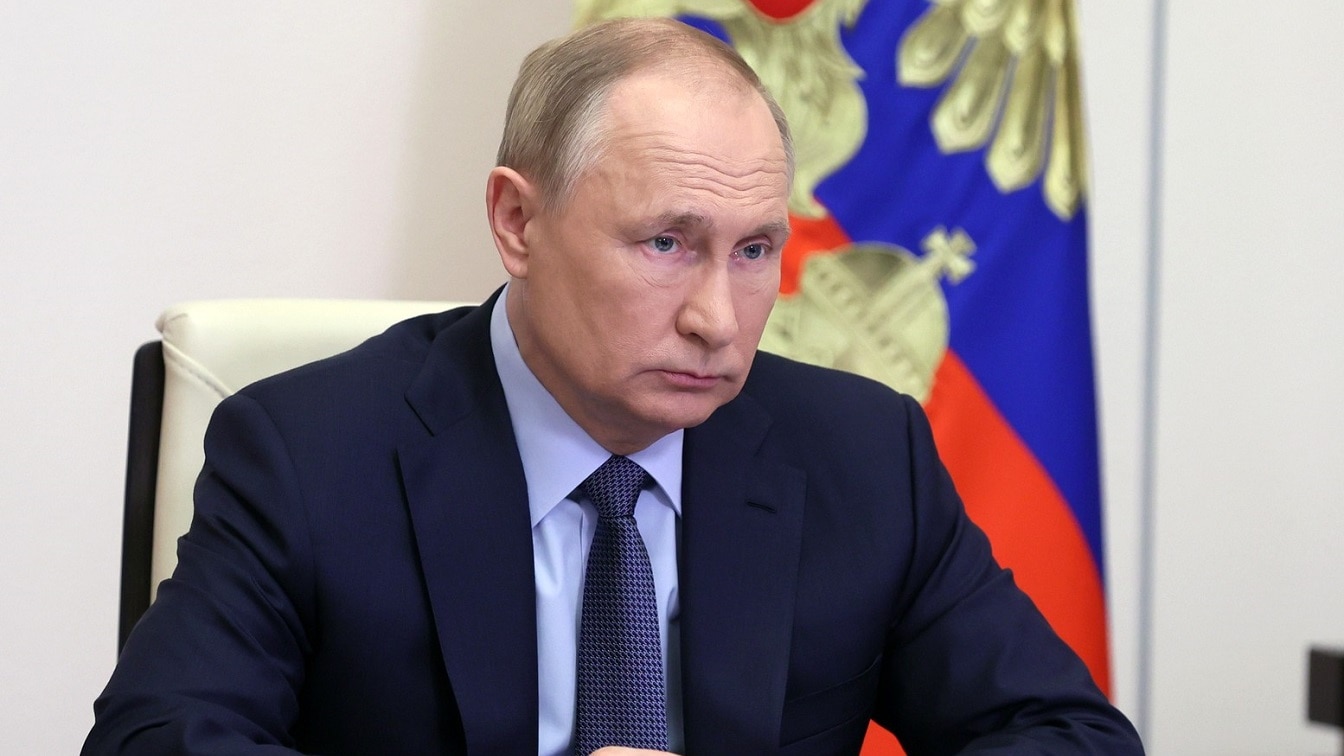Kazakhstan Protests Turn Deadly, Russia Leads Peacekeeping Force: Protests over rising fuel costs in the Central Asian state of Kazakhstan turned violent and bloody as government security forces killed dozens of protesters in the city of Almaty after the government said they attempted to burn police stations and government buildings.
Kazakh President Kassym-Jomart Tokayev asked for assistance from his neighboring states as at least a dozen members of the country’s security forces have been killed, including two who were decapitated, with an additional 353 more injured when violent protests erupted after the cost of liquefied petroleum gas (LPG) doubled.
Rioters set both a presidential residence and the mayor’s office afire in the city. Security forces have regained control of the airport after rioters had briefly seized it.
Kazakhstan’s Ministry of Internal Affairs released a statement by the local news agency Tengrinews.kz that the violence had spread to several different areas of the country.
“In the cities of Almaty, Shymkent, and Taraz, attempts were made to attack akimats [local administration offices], where windows, doors were broken and other material damage was caused,” said the ministry in a statement. “Stones, sticks, gas, pepper, and Molotov cocktails were used by the mob.”
Answering Tokayev’s call was the Collective Security Treaty Organization (CSTO) – which includes Russia, Belarus, Armenia, Kazakhstan, Kyrgyzstan, and Tajikistan. CTSO sent in peacekeeping forces, spearheaded by Russian paratroopers whose advance elements have already arrived according to a report by Tass in Moscow. The purpose of the deployment was to stabilize the security situation which has deteriorated sharply since the weekend.
Armenian Prime Minister Nikol Pashinyan, who is also chairman of the CSTO alliance said that in responding to the call for assistance that the peacekeeping forces will only remain for a limited time, “in view of the threat to national security and the sovereignty of the Republic of Kazakhstan.” This will be the first time that the CTSO has been mobilized since it was founded in 1999.
The CTSO released a statement blaming the protests and violence on the West, which is typical of the Russian-inspired playbook recently. They said the situation is thought to be an external threat, “an invasion of bandit formations trained from abroad.” Tokayev reiterated that statement saying that many of the protesters “have received military training abroad.”
“It is an undermining of the integrity of the state and most importantly it is an attack on our citizens who are asking me… to help them urgently,” he added.
Tokayev on Wednesday accepted the resignation of the country’s government, although they will continue to work in their current positions until a new government can be formed.
Tokayev, in a presidential decree stated, “in accordance with Article 70 of the Republic of Kazakhstan, I hereby resolve to accept the resignation of the government of the Republic of Kazakhstan.”
“Smailov Alikhan Askhanovich is to be vested with interim duties of the Prime Minister of the Republic of Kazakhstan,” it says.
State Department Spokesman Ned Price said in a statement on Wednesday that the United States “is closely following the situation in Kazakhstan,” adding “We ask for all Kazakhstanis to respect and defend constitutional institutions, human rights, and media freedom, including through the restoration of internet service.”
The government has instituted a country-wide internet blackout on Thursday after the country had intermittent internet blackouts on Wednesday according to Netblocks.
⚠️ Confirmed: #Kazakhstan is again in the midst of a nation-scale internet blackout as of early morning Thursday.
While service was available, President Tokayev gave a televised speech appealing to Russia for assistance to “protect the state.”
? Report: https://t.co/Op5GwzXKbh pic.twitter.com/yidAooRRoi
— NetBlocks (@netblocks) January 5, 2022
Kazakhstan has been ruled since the days of the Soviet Union by strongman Nursultan Nazarbayev, 81, whose 2015 re-election, where he received 98 percent of the vote, “was marked by irregularities and lacked genuine political competition,” according to the U.S. State Department.
Although he stepped down officially in 2019, many members of his family still hold important positions within the country’s security forces and political hierarchy. Moscow’s reaction isn’t surprising since they want to continue to have a buffer of former Soviet republics around its borders.
The oil-rich country is the ninth largest country in the world. Kazakhstan is also the world’s largest producer of uranium. When word of the protests spread, the cost of the metal rose 8 percent.
Steve Balestrieri is a 1945 National Security Columnist. He has served as a US Special Forces NCO and Warrant Officer before injuries forced his early separation. In addition to writing for 1945, he covers the NFL for PatsFans.com and his work was regularly featured in the Millbury-Sutton Chronicle and Grafton News newspapers in Massachusetts.

